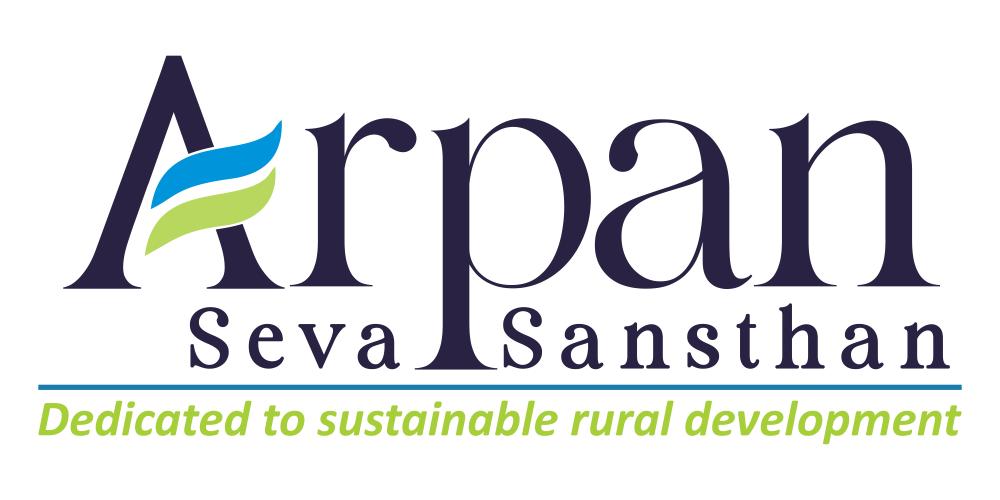





Background
How We Started
Arpan Seva Sansthan is a non-profit organization working on sustainable integrated development initiatives since 1996. It was formed by a team of young agricultural professionals with the purpose of ensuring access of community to secured livelihood opportunities. They felt the need to work with rural communities and bridge the technological, knowledge, infrastructural and market gap that the communities face.
This group of young agricultural professionals believed that they need to establish the link between community and philanthropic funds and government policies and schemes so that sustainable development can be achieved. With this understanding, Dr. Subh Karan Singh lead the organization with well qualified and expert team with a belief of working together to reduce the opportunity gap that exists between the advantaged and the disadvantages in society. They figured out innovative and adaptable strategies for identification of local needs and build upon resources and technologyto address them. They developed the ability to promote local participation in the design and implementation of public programmes by building self-confidence and strengthening the organizational capability among low-income people.
The team started the interventions as “doing by learning” concept from grass root level. Team went to villages and very closely mappedthe challenges keeping marginalized communities away from mainstream development. They found out that the rural communities do not have access to new and improved technologies as well as government development policies that could enable them to empower enough to build their livelihoods in better way. Team conducted Focused Group Discussions with communities and analyzed problems related to water, agriculture, health and unemployment. The team developed a vision paper of making changes in water and agriculture scenario as these two came out as the backbone of rural community especially famers.
To lower down the cost of cultivation technologies, emphasis was given on organic agriculture through vermicomposting and for water saving very low cost soil and water conservation technologies demonstrations were given on farmer’s field.The adoption of vermicomposting programme which was started with one district in 2003 reached to 26 districts in 2007 with 12,000+ farmers. At that time training and capacity enhancement became the expertise of organization. The team was expanded and provided trainings on Soil and water conservation, water resource management, animal husbandry, improved agriculture and horticulture practices to 3,50,000+ farmers. After witnessing the impact of trainings and awareness level of farmers, from 2008 to 2015 the organization implemented watershed development projects in 7100 hectare area with the support of state government departments and increased 4200 hectare additional area under irrigation through Community Lift Irrigation Schemes and Construction of small irrigation dams. The organization has introduced theme of integrated development models where the project area was developed step wise by interventions such as Soil and Water conservation, water resource development, Livelihood development through Agriculture & horticulture orchard, skill development and institution development.
While persistently working for sustainable development of rural communities Arpan has received several significant recognition and awards at district, state and national level. Several Corporate collaborated with Arpan to implement various development programmes for the betterment of rural community. We have been working with several corporate partners since 2015.
Under aegis and leadership of Dr. Subh Karan Singh, Arpan has grown from 20 to 500+ team members who are dedicated to sustainable development. The organization also expanded its geographic and community outreach under his guidance and vision. With initial focus on natural resource management, capacity building training and institutional development, Arpan later on expanded its initiatives in Livelihoods, Drinking Water Security, Sanitation, Health and Education. Now the organization stands strong with more than 10 lakhs rural families and building partnerships with multiple stakeholders (Community, PRI, Government as well as CSR Partners) for ensuring sustainable development. We have been striving towards our goal of sustainable development to rural communities with support of our partners and team.
